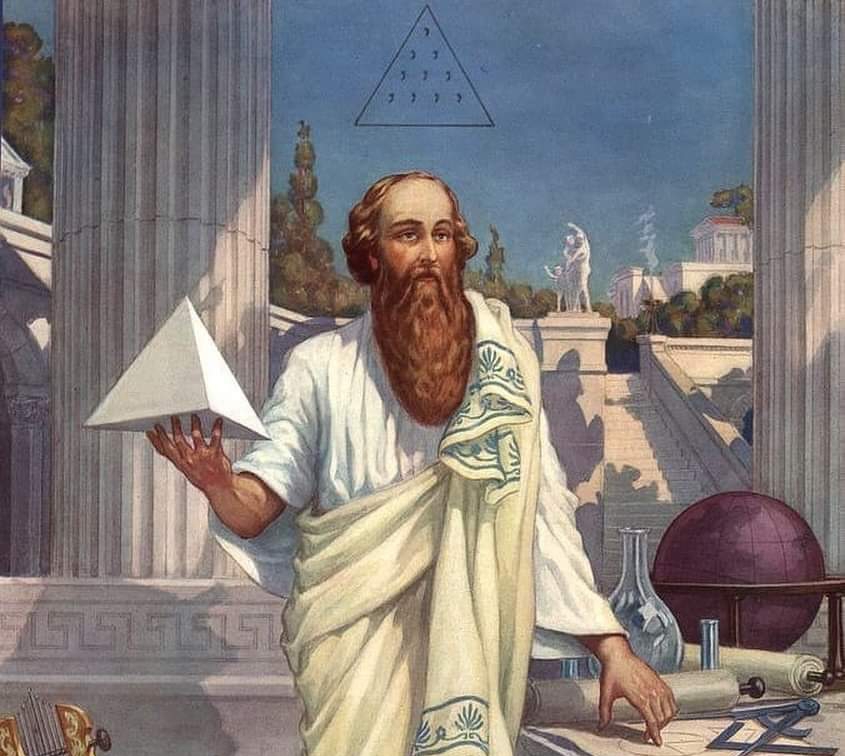Unveiling the Legacy of Pythagoras: Master of Ancient Greece’s Philosophical and Mathematical Realm”
Several distinguished intellectual have graced the world stage but the story of a Greek thinker and Mathematician, Pythagoras will stand the test of time.
Recent studies delve into the life and teachings of Pythagoras, tracing his impact on ancient Greek philosophy and mathematics. Born in 570 BC, Pythagoras emerged as a central figure in history, influencing luminaries such as Socrates, Plato, and Aristotle.
The Pythagorean Brotherhood, a focal point of Pythagoras’ influence, enforced principles of loyalty and silence among its initiates. Through rigorous study of Geometry, Arithmetic, Music, and Astronomy, members underwent purification rituals, delving into the core teachings of Pythagorean philosophy.
Central to Pythagoras’ doctrine was the belief that numbers constituted the fundamental essence of all existence. This principle, rooted in the harmony of mathematical structures, governed the Pythagoreans’ worldview. Their observations of celestial bodies and natural phenomena led them to perceive a mathematical order underlying the cosmos.
An anonymous ressearrcher and leading scholar in ancient philosophy, comments on Pythagoras’ profound impact: “Pythagoras’ legacy lies in his philosophical approach to life’s mysteries. His insights into the mathematical fabric of the universe continue to inspire researchers across disciplines.”
This study also sheds light on Pythagoras’ views on wisdom and the purpose of life. In his own words, he advocated for a pursuit of wisdom as the key to unlocking nature’s secrets, transcending material pursuits of wealth and power.
Some Scholars underscore Pythagoras’ enduring influence on philosophical thought and scientific inquiry. As contemporary scholars continue to explore his teachings, the legacy of this ancient master remains a beacon of intellectual curiosity and discovery.
[Art Credit: J. Augustus Knapp]
[Post Credit: Robert E Grant]
